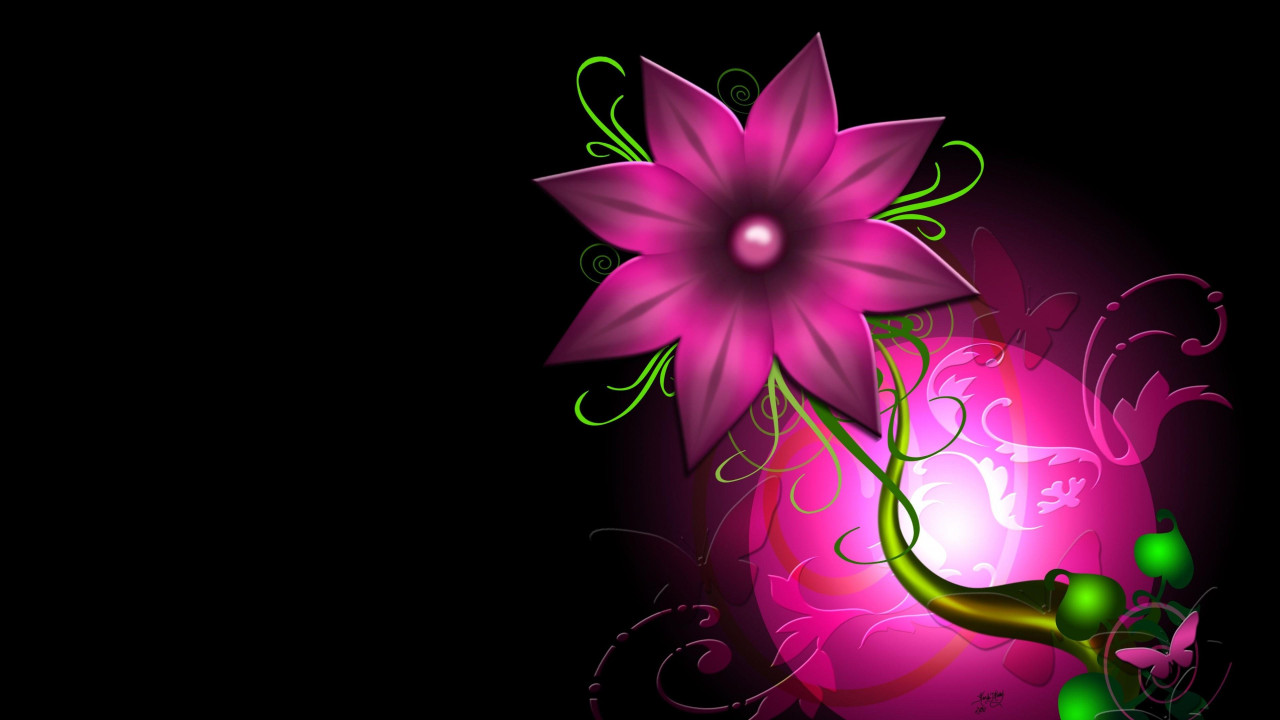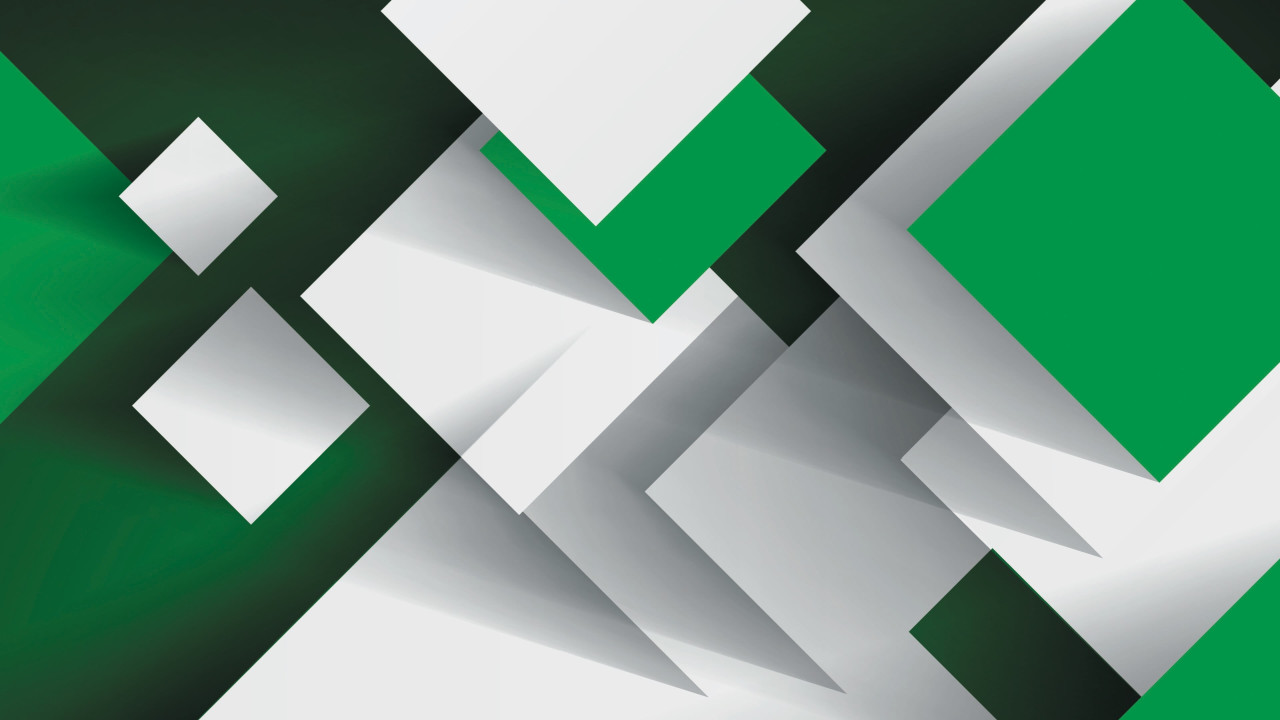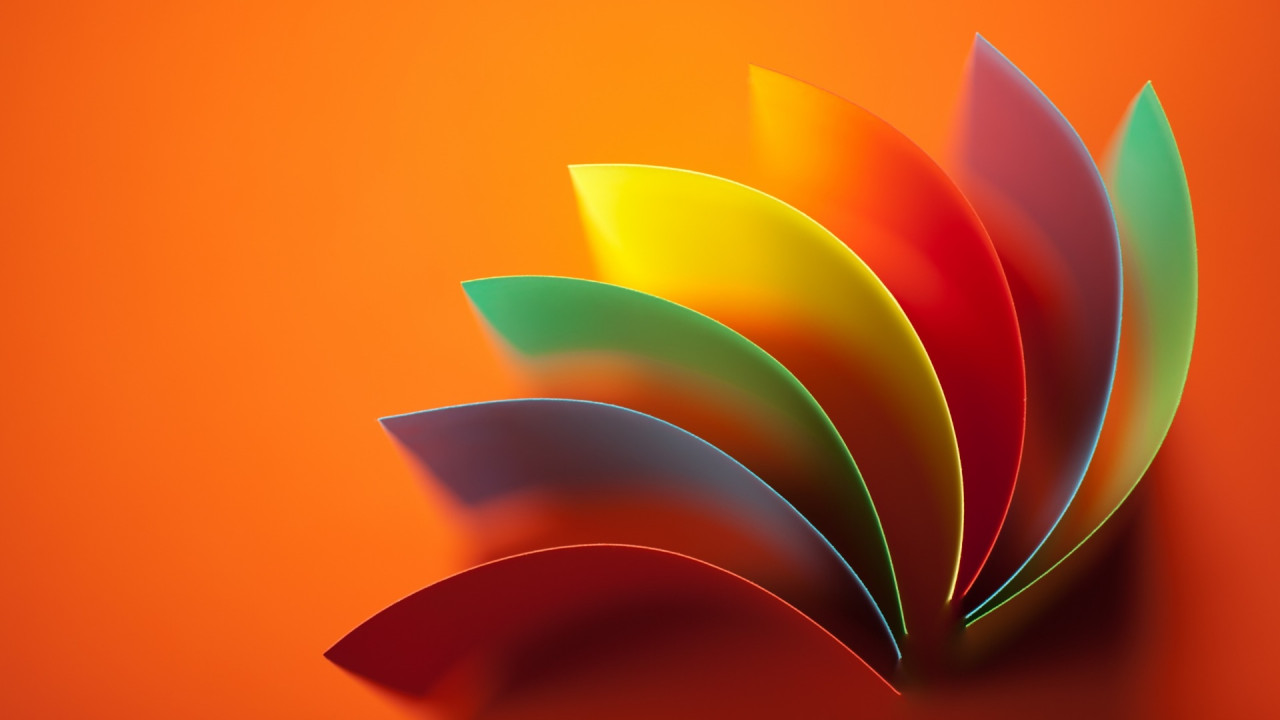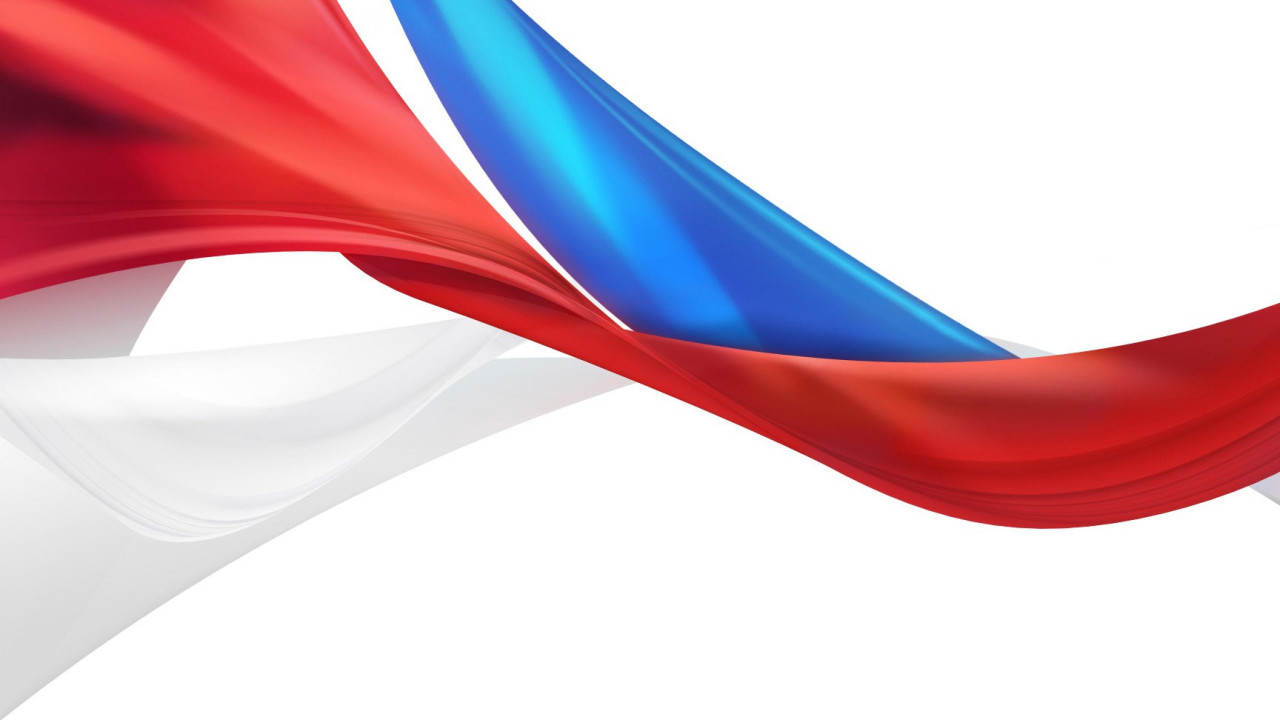Image Copyright Checkers: Protecting Your Content and Respecting Creators' Rights
In the vast landscape of the internet, images are shared, reused, and repurposed with incredible ease. While this accessibility fosters creativity and information exchange, it also raises concerns about copyright infringement. Unauthorized use of copyrighted images can lead to legal repercussions and damage the reputation of both individuals and businesses. This is where image copyright checkers come into play. These tools help users determine the copyright status of an image and ensure they are using visuals legally and ethically. This article explores the world of image copyright checkers, their functionality, benefits, and the importance of respecting copyright in the digital age.
What are Image Copyright Checkers?
Image copyright checkers are online tools or software that analyze images to determine their copyright status. They typically use a combination of image recognition technology, reverse image search algorithms, and metadata analysis to identify potential copyright holders and licensing information. Some advanced checkers may also use machine learning to improve accuracy and identify patterns in image usage.
How Do Image Copyright Checkers Work?
- Image Upload or URL Submission: Users can either upload an image directly to the checker or provide the image's URL.
- Image Analysis: The checker analyzes the image's content, visual characteristics, and metadata (if available).
- Reverse Image Search: The checker performs a reverse image search to find other instances of the image online.
- Copyright Information: The checker attempts to identify the copyright holder, licensing terms, and any relevant usage restrictions.
- Results and Recommendations: The checker presents the results to the user, indicating whether the image is likely copyrighted, public domain, or available under a Creative Commons license. It may also provide recommendations on how to obtain permission or use the image legally.
Benefits of Using Image Copyright Checkers
- Legal Compliance: Image copyright checkers help users avoid copyright infringement by verifying the ownership and licensing status of images before using them.
- Risk Mitigation: They reduce the risk of legal action and financial penalties associated with copyright violations.
- Respecting Creators' Rights: By ensuring proper attribution and licensing, image copyright checkers help creators receive recognition and compensation for their work.
- Ethical Image Use: They promote ethical practices in image usage, fostering a culture of respect for intellectual property rights.
Image Hosting and Sharing: img4up.com
Limitations of Image Copyright Checkers
While image copyright checkers are valuable tools, they have limitations:
- Accuracy: The accuracy of image copyright checkers can vary depending on the technology and databases they use. Some images may not be easily traceable or may have incomplete or inaccurate metadata.
- False Positives and Negatives: Checkers may sometimes misidentify images as copyrighted or public domain, leading to false positives or negatives.
- Not Legal Advice: Image copyright checkers do not provide legal advice. If you have specific questions about copyright or image usage, consult a legal professional.
Popular Image Copyright Checkers
Several online image copyright checkers are available, including:
- TinEye: A reverse image search engine that helps you find where an image appears online and identify its potential source.
- Google Reverse Image Search: Google's image search allows you to upload or provide a URL of an image and find visually similar images across the web.
- Pixsy: A platform that helps photographers and creators protect their work from copyright infringement.
Conclusion
Image copyright checkers are valuable tools for ensuring legal and ethical image use in the digital age. While they are not foolproof, they provide a starting point for verifying copyright status and identifying potential licensing requirements. By using image copyright checkers in conjunction with responsible image sourcing practices, you can protect yourself from legal issues and contribute to a more respectful and sustainable online environment.

















Comments (0)